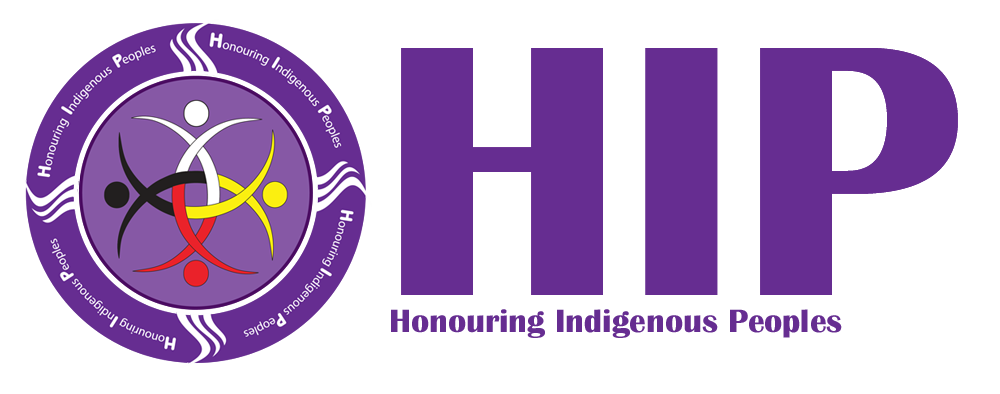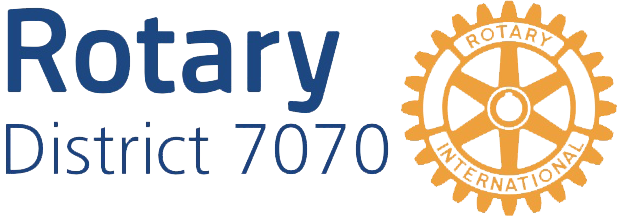 Here is the latest Honouring Indigenous People Rotary News and Events, projects, blogs, photos, films, and resources. There are many major initiatives and resources available to you and your Rotary club, especially during the COVID-19 pandemic. Your Club can help. Our District 7070 Action Committee's Areas of Focus Coordinator is John Currie from the Pickering Rotary Club. John is also the Executive Director of H I P and Past President of the Rotary Club of Pickering. He can be reached at john.currie@pickeringrotary.ca . If you have a good news story, please send it to John. Here are some highlights .........
Here is the latest Honouring Indigenous People Rotary News and Events, projects, blogs, photos, films, and resources. There are many major initiatives and resources available to you and your Rotary club, especially during the COVID-19 pandemic. Your Club can help. Our District 7070 Action Committee's Areas of Focus Coordinator is John Currie from the Pickering Rotary Club. John is also the Executive Director of H I P and Past President of the Rotary Club of Pickering. He can be reached at john.currie@pickeringrotary.ca . If you have a good news story, please send it to John. Here are some highlights .........
Click here to view their new website. For more news, check the Areas of Focus Action Committees Menu Bar in the District Newsletter under HIP. This rapidly growing nation-wide movement, HIP, is a partnership between Indigenous Peoples & Rotarians. The new website contains stories about supporters, just like you and your Club, who are making an impact across Canada by taking action to create lasting change! Here is a link to all of their latest Newsletters.
What is your club doing to Honour Indigenous People?
Please email Julie Dunaiskis (julie@eccgroup.ca) with a brief summary so we can post on the HIP website and provide an update in upcoming newsletters. This will help other clubs and provide a sense of how we are involved. We do not know the precise number of clubs across Canada who are involved in educational and awareness activities, however, our guess is we are close to 175 and growing. Some clubs were involved well before HIP, many on their own and some because of our encouragement and leadership.
Regards,
Julie Dunaiskis
Administrator, HIP (Honouring Indigenous Peoples)
Rotary District 7070 HIP Co-ordinator:
We are pleased to let everyone know that Bill Empey, Rotary Club of Toronto, is our Rotary District 7070 HIP Co-ordinator. If you are looking for a speaker or for a project, Bill is definitely the person to contact. He can be reached at empey@prismeconomics.com .
Request a Speaker - Would your club like to have a Speaker at an upcoming meeting? http://honouringindigenouspeoples.com/hip-talk/book-a-hip-talk/
Most Recent Stories: Click here to read the Stories
Recommended Education:
Indigenous Canada is a 12-lesson Massive Open Online Course (MOOC) that explores Indigenous histories and contemporary issues in Canada. From an Indigenous perspective, this course explores key issues facing Indigenous peoples today from a historical and critical perspective highlighting national and local Indigenous-settler relations. Topics for the 12 lessons include the fur trade and other exchange relationships, land claims and environmental impacts, legal systems and rights, political conflicts and alliances, Indigenous political activism, and contemporary Indigenous life, art and its expressions.
Click here to learn about Indigenous Canada
Events and Activities:
Click here to see the full list of events and activities.
About HIP: Our Story, Our Logo, Our Mission and Vision: click here
LEARN & SHARE: Click here:
VIDEOS: Watch an assorted list of education, cultural & event videos
BOOKS: HIP has compiled a list of recommended reading
PODCASTS: Listen to leaders sharing thought-provoking conversations
TERMINOLOGY: Learn appropriate terms that show respect.
HIP BLOG: Sharing information and news from people just like you.
HIP Talk: MOVING FORWARD TOGETHER : click here
HIP continues to research, listen and learn. By visiting many Indigenous and non-Indigenous communities, we seek to understand shared purpose and values. We thank the Knowledge Keepers, Rotarians, Elders, Teachers, Leaders, Allies, Stakeholders, Partners, Sponsors and other subject matter experts who have supported our journey and provided wisdom and guidance. HIP is happy to share our knowledge and resources to inspire, engage, educate and enable Indigenous and non-Indigenous relationship building. If you do not find what you are looking for, please contact us
BECOME A HIP SPEAKER: Are you an Elder, Rotarian, Youth Leader, Knowledge Keeper or other subject matter expert? Join our roster of speakers!
CONNECT : Click here
MESSAGE FROM THE CHAIR
PROSPERITY
It goes without saying we all want to be prosperous. We all want our children and grandchildren to be prosperous and if asked, most say it would be nice if everyone in the world is prosperous. But what is prosperity?
If you have ever watched Dickens Christmas Carol, you would know that one extreme is Mr. Scrooge's definition is to be miserly and have lots of money for yourself. Nothing else mattered much. By the end, his views switched to those of his trusted but financially poor employee Bob Cratchit.
I am on a committee sponsored in Toronto aimed at coming up with a plan to help Indigenous People in Toronto become prosperous. One of the first things we had to do was come up with a definition of prosperity*. Not surprisingly, the Indigenous definitions were different from non-Indigenous definitions. Here are three definitions of prosperity:
Western
- Prosperity is success or the state of success especially financial or material success. Prosperity often implies success in terms of wealth, health and happiness. But it can also be used more broadly. The verb prosper means to achieve prosperity
- The state of being prosperous; advance or gain is anything good or desirable; successful progress in any business or enterprise; attainment of the object desired; good fortune; success, as commercial; national prosperity
- Mino bimaadiziwin is concept meaning "good life"
- Based on traditional teachings and goes beyond the absence of poverty
- Includes connection to and harmonious relations within yourself, your family and your community
- Encompasses mind, body and spirit; Holistic
- Stresses the 7 Grandfather teachings of Humility, Bravery, Honesty, Truth, Respect, Love and Wisdom
- Underscored by Reciprocity
- requires that you have the resources and the capacity to fulfill your obligations and to contribute to the collective
- accepts that in turn the collective must support your aspiration toward mino bimaadiziwin
- Ganohonyohk (Giving Thanks)
- Enhances the collective meaning of and purpose in mino bimaadiziwin
- Requires mindfulness in everyday life especially within your relations
- Binds and supports the idea that mino bimaadiziwin is not about selfish pursuits, it's about going forward together
- It brings the natural world(the swimmers, the four legged, the winged ones, all of creation) into the equation
- It helps us evaluate progress in the broadest sense in this interconnected world
As part of our plan, we are asked to consider including the spirit of A Dish with One Spoon Agreement.
- The Dish With One Spoon wampum agreement is covenant made between Haudenosaunee and Anishnaabe nations in 1701
- Extends from Montreal to Fort Erie
- Consists of three basic rules (Hill in Maracle, C, 2015)
- All Canadians are now invited to participate in and enact the principles and commitments embedded within the covenant
As we are about to enter the Christmas season and a new year, you and others in your family may wish to reflect and discuss the above.
With all best wishes for the holidays and a PROSPEROUS new year.
Miigwetch
Chris Snyder
Co-Chair, HIP (Honouring Indigenous Peoples)
